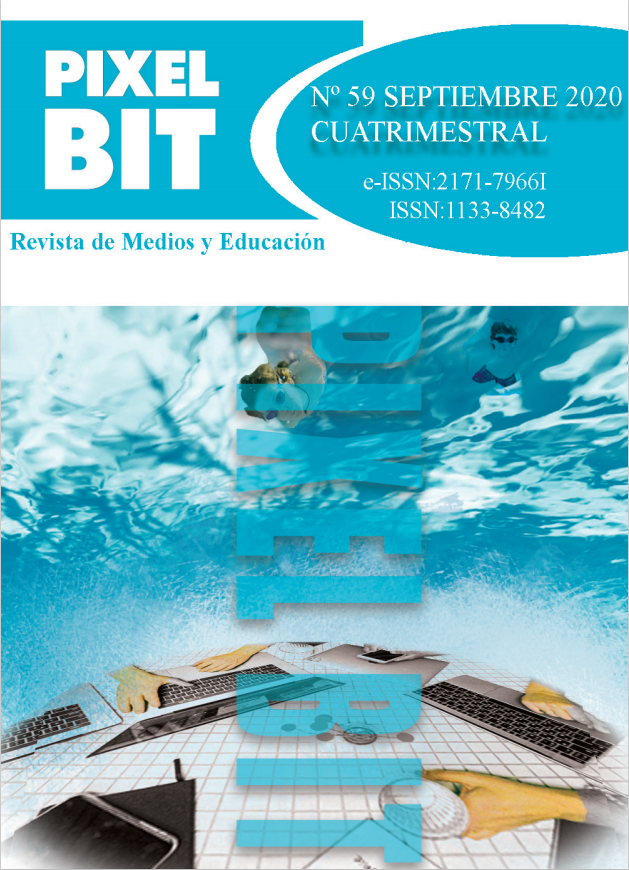Resumen
En los últimos decenios, el pensamiento computacional ha desempeñado un papel fundamental en la educación y en los procesos legislativos de muchos países, recibiendo también gran atención por parte de diversas organizaciones internacionales que han pedido expresamente que se promueva a partir de la educación escolar. El presente estudio analiza la productividad científica en SCOPUS sobre el pensamiento computacional y su difusión en las escuelas, con referencia específica al contexto K-12 (desde la educación infantil hasta el duodécimo curso). El estudio se ha extendido hasta 2006, cuando Jeannette Wing publicó el artículo principal sobre el pensamiento computacional, iniciando un conjunto de investigaciones y proyectos sobre esta temática, de tal manera que, hasta la fecha, en mayo de 2020, encontramos 1.850 citas de su publicación en SCOPUS. Los datos ofrecen un panorama global sobre la evolución del fenómeno, mostrando un aumento del interés, los principales países promotores; las fuentes, los autores y las obras más citadas, proporcionando así una buena referencia para el sector de la investigación científica acerca del fenómeno del pensamiento computacional en la educación, un tema que hoy es más relevante y significativo que nunca. El presente estudio también representa una herramienta para la reflexión sobre la necesidad de educar a los jóvenes del siglo XXI en el pensamiento computacional con el fin de que adquieran las habilidades específicas que requiere el mercado laboral actual.

